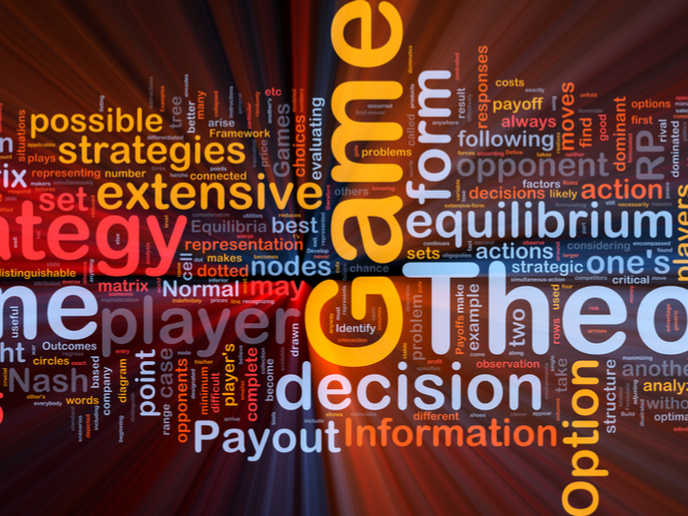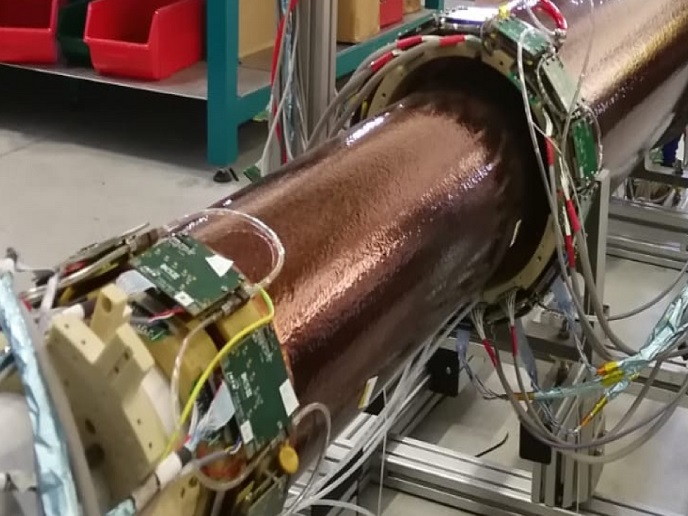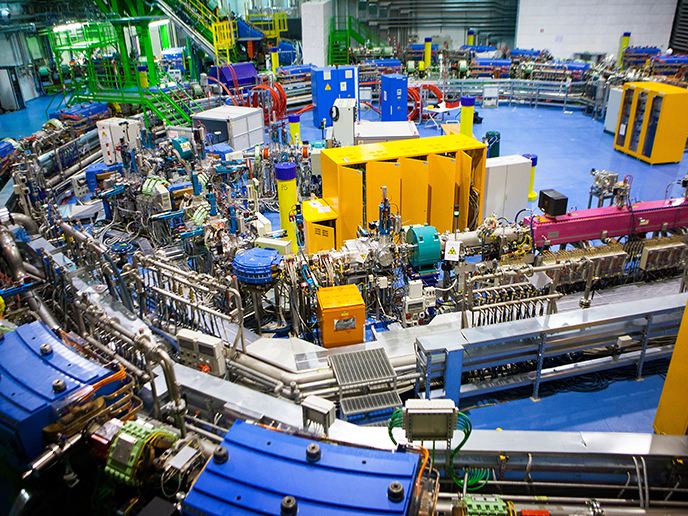Game theory and AI offer more precise calculations for quantum physics
Quantum Field Theory (QFT) is a conceptual framework which combines various strands of theoretical physics such as quantum mechanics and special relativity. It is also the basis for the construction of models which simulate the workings of subatomic particles, with the interaction of these particles visually represented by the computational tool known as Feynman diagrams. The nature of QFT calculations necessary to interpret the quantities of experimental data from initiatives such as the Large Hadron Collider (LHC) is such that each level of accuracy subsequently leads to yet more complicated and larger calculations. As this progression rests on the availability of new mathematical approaches, it presents ever-greater challenges for computation which can manipulate formulas that can be up to many bytes in size. Reflecting on current computational tools Dr Jos Vermaseren HEPGAME (Solving High Energy Physics Equations using Monte Carlo Gaming Techniques) researcher adds, “To get the maximum benefit from findings such as those from the LHC requires extreme accuracy. Current calculations were completely unthinkable in the mid-70s when I was a graduate student. Nowadays we have 1 million times the CPU power – never mind storage capacity – and can run programs for days, weeks or even months, rather than seconds.” One method that the project adopted to expand the range of calculations available was the Monte Carlo Tree Search (MCTS borrowed from game theory. MCTS’s ability to automatically compact mathematical expressions, which have to be repeatedly evaluated numerically, has resulted in it becoming part of the computer algebra system known as Form. As Dr Vermaseren further explains, “Imagine a game of chess with its range of possible moves. Each move leads to reaction moves, creating a giant tree of possible games. MCTS allows us to assess the range of possible pathways against their outcomes, to find the optimum direction to take for the desired result.” HEPGAME also used the Forcer programme to solve the Integration By Parts (IBP identities for a category of Feynman (four-loop massless propagator) diagrams, thereby making them calculable. Specifically, it was able to compute moments of splitting functions and structure functions in ‘Deep Inelastic Scattering’. This approach is used to determine the quark and gluon contents and behaviour of protons more accurately. Almost all precision calculations for the LHC rely on these results. Additionally, HEPGAME succeeded in finding a way to extract divergent parts from individual integrals occurring in Feynman diagrams. For this, the Rstar programme was used in conjunction with Forcer to compute divergences of up-to-5-loop propagator diagrams. Will neural nets be game-changers? The team is continuing to work on this two-pronged approach of simplifying expressions, while solving the IBP relations, for calculations too complicated to be currently handled. Projecting ahead, the development of neural nets might offer the necessary step-change towards interpreting increasingly precise data. As Dr Vermaseren explains, “The simplification of expressions can be very much improved by training neural nets. It should also be possible to train neural networks to themselves devise methods to solve the IBP relations for reactions that are currently too complicated for our tools.” Towards this end, Dr Vermaseren is currently working with AI systems which could potentially do just that. These developments will also need more powerful computer algebra, therefore two ex-members of the team are working on the creation of a successor to Form.
Keywords
HEPGAME], computation, calculation, high-energy physics, quantum physics, AI, neural networks, Large Hadron Collider, mathematics, game theory, formula







